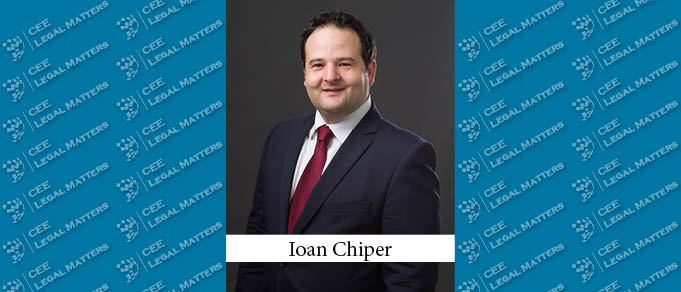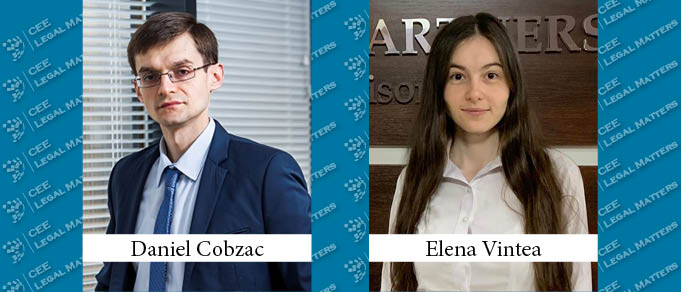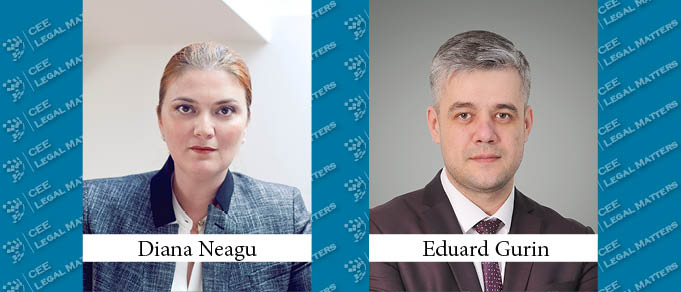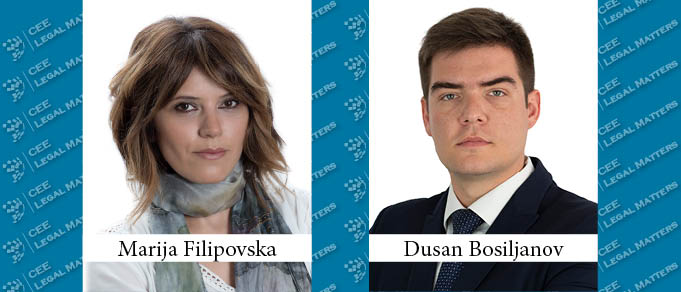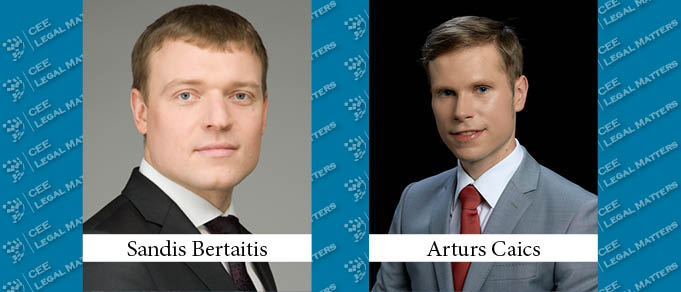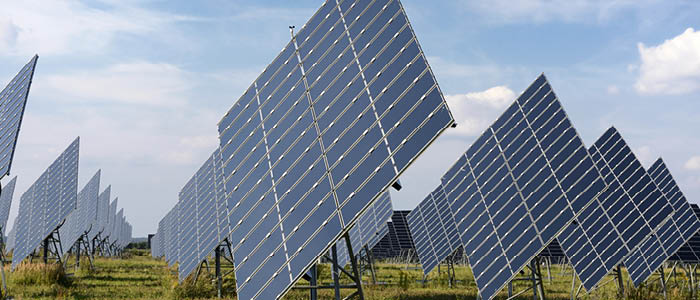The pandemic caused by the new coronavirus (SARS-CoV-2) has profoundly challenged all justice systems, including Romania’s. The country’s judicial bodies had to quickly assimilate and implement numerous special measures instituted as a result of the state of emergency, followed by the state of alert that was declared at a national level.
Increased Sanctions for Companies that Don’t Comply with Overtime Laws in Romania
On June 18, 2020, the President of Romania promulgated a law amending the Labor Code, two years after the country adopted legislation increasing the sanctions for employers who do not comply with the legal requirements for overtime work. According to the new amendments, the fine for non-compliance in such cases is between EUR 310-620. The amended provisions entered into force on June 21st 2020.
Compliance in Romania
Regardless whether you are a new start-up hoping to become the next “unicorn” or a renowned international corporation, Romania’s ever-changing business and legal environment will impose various issues and hurdles upon your organization’s compliance and ethics culture. From BP’s USD 20.8 billion fine for the Deepwater Horizon accident, to Volkswagen’s USD 14.7 billion fine for false diesel emissions, to Airbus’ USD 4 billion fine for bribery and corruption, keeping a company on the right side of the law and reducing employee malfeasance is always a challenge.
The Telecom Sector in Romania – An Update
The COVID-19 outbreak showed that technology lies at the backbone of our society and that the role of electronic communications services and networks in supporting our economic, educational, and social needs has increased exponentially.
Romania Opens up the Possibility for Negotiated Power Purchase Agreements
The Romanian Government has recently brought important amendments to the energy regulatory framework by way of the new Government Emergency Ordinance no. 74/2020, effective May 19, 2020. According to the new regulations, new energy producing facilities, both renewable and conventional, commissioned after June 1, 2020, would be allowed to sell their output outside the current centralized energy market, at negotiated prices, with the observance of competitive rules. The amendment is intended as an exception to the general principle set out by Energy Law no. 123/2012 that transactions with electricity are carried out on the competitive market, in a transparent, public, centralized, and non-discriminatory manner.
Romania: A positive look over M&A in 2020
M&A practitioners, fund managers and CEOs are living a 2020 that is rich in experiences. Of course, we all hoped this to be the best year since the 2008 crisis.
The Role of Private Equity and Venture Capital in the Post-COVID-19 World
Something Needs to Be Done
Romania’s Real Estate – Old and New Challenges in Transactions
A popular meme these days is “<<2020 is the year I am going to…>> 2020: <<Hahaha. No.>>”.
When the World Stops…and Everyone Looks for the Miraculous Reboot Kit
The Spring of 2020 was about to blossom when the world got trapped in a global shutdown as a result of the COVID-19 pandemic. The private sector tried to adapt by activating continuity plans. Working from home and interacting online with colleagues and customers has become the new paradigm for service businesses. In addition to a wide range of social distancing restrictions designed to contain the virus (including closing down or significantly limiting public access to many commercial, government, and leisure facilities), Romanian authorities have instituted various specific temporary relief measures, such as unemployment benefits; moratoria on consumer and corporate debt, business rent, and utilities expenses; state aid schemes representing loan and guarantee facilities for small and medium-size enterprises (SMEs); guarantees for mortgage loans; filing deferral for tax returns and rescheduling of income and property tax; and waivers of mandatory insolvency filing and extension of certain stages in pending insolvency cases.
Real Estate: New Standards of Superficies Right
The new version of the Moldovan Civil Code, which came into force pursuant to the Law to Modernize the Civil Code and to Amend Certain Legislative Acts 133/2018 (the “Law”), reformed several features of the private law and turned out to be a real challenge for all kind of individuals and organizations, from natural persons and entrepreneurs to public authorities.
Moldovan Employment Law in the Age of the Pandemic
The COVID-19 pandemic has revealed a certain degree of inflexibility and lack of vision with regard to employment regulations and rules, especially in Eastern Europe, where countries which were slower to adjust than their Western European counterparts. Unfortunately, Moldova was no exception, and Moldovan businesses have frequently found themselves in positions where there were no obvious legal and commercial options available to their specific situation during this pandemic.
M&A Deals: Trends and Developments
The time is gone forever when our lawyers would sit down in a physical data room to dig through tons of documents provided by the target’s head of legal or corporate secretary. We will miss the personal contact, but it’s fair to say that the due diligence process has become more streamlined and efficient in Moldova, making it possible to shrink the timing of M&As and close deals in weeks rather than months.
The Gas Sector in Bosnia and Herzegovina – Regulatory Framework and Obstacles for Market Development
Bosnia and Herzegovina (BH) is a contracting party to the Energy Community. As such, it has undertaken the obligation to align its energy sector legislation and transpose the Third Energy Package in the gas sector, among others. Such alignment in the gas sector requires the adoption of state and entity-level legislation to ensure unbundling, third party access, the liberalization of the wholesale market, end-consumer protection, and adequate interconnectivity.
Turkey: “Force Majeure” Decision from Turkish Energy Market Regulatory Authority for Unlicensed Electricity Generation – Prolongation of Durations
Government institutions in Turkey are continuing to take various measures to mitigate the economic impact of the ongoing COVID-19 pandemic. At its meeting on April 2, 2020, the Energy Market Regulatory Authority (EMRA) adopted a new decision (the “Decision”) accepting the COVID-19 pandemic as a “force majeure” event under Article 35 of the Electricity Market Licensing Regulation (the “Licensing Regulation”) and Article 19 of the Regulation on Unlicensed Electricity Production in the Electricity Market (the “Unlicensed Regulation”). The decision was published in the Official Gazette on April 4, 2020.
Strategic Investments in North Macedonia – New Opportunities for Potential Investors in Renewables
The adoption of the new Law on Energy of North Macedonia in 2018 established the foundations for stability, competitiveness, and economic functionality of the energy sector. In addition, the Energy Law declared the promotion of renewable energy sources and encouraging energy efficiency a priority. This, in a short time, has contributed to increased investment in the field of renewables.
Green Energy Development in Lithuania – Challenges and Opportunities in the Context of COVID-19
The ongoing COVID-19 pandemic and various related restrictive measures have created an extraordinary human, business, and legal situation in Lithuania. The Energy sector (like all others) has become subject to various restrictions and challenges, including restrictions on the movement of workers, partner liquidity issues, reduced demand for energy resources, etc. As everywhere else in Europe, Lithuanian electricity market participants have faced a significant decrease in wholesale electricity market prices. Moreover, it is already clear that COVID-19 has negatively affected the international supply chain, as the energy market participants experience disruptions and delays in the performance of contracts and project delivery. In these extraordinary circumstances, industry players (including operating power plant operators, project developers, and so on) have a reasonable expectation that the government will take the effect of the ongoing international crisis into account if developers do not bid in time in auctions or miss their project deployment deadlines.
Legitimate Expectations of Energy Producers in Latvia Disregarded
The mandatory procurement of electricity (a “feed-in tariff,” or FIT) is one of the main schemes implemented in Latvia to support the production of renewable energy. FIT is a guaranteed right to sell a certain annual amount of electricity to the public entity for a fixed period of time at a price that exceeds the market price. The advantageous system is made available to combined heat and power (CHP) plants of high efficiency and producers using renewable energy. FIT is an important component of each renewable energy project, as renewable energy production without these rights is uncompetitive.
Overview of Montenegro’s Energy Sector
Montenegro is continuing to develop its energy sector by creating appropriate legislative, regulatory, institutional, and financial frameworks to encourage greater investment from the private sector. As part of this process, Montenegro is moving towards harmonizing its energy legislation with that of the European Union, the Energy Community, the World Energy Council, and the International Energy Agency, recognizing energy as a pillar of the country’s overall, sustainable, and long-term stable development, with evident positive macro-economic effects.









